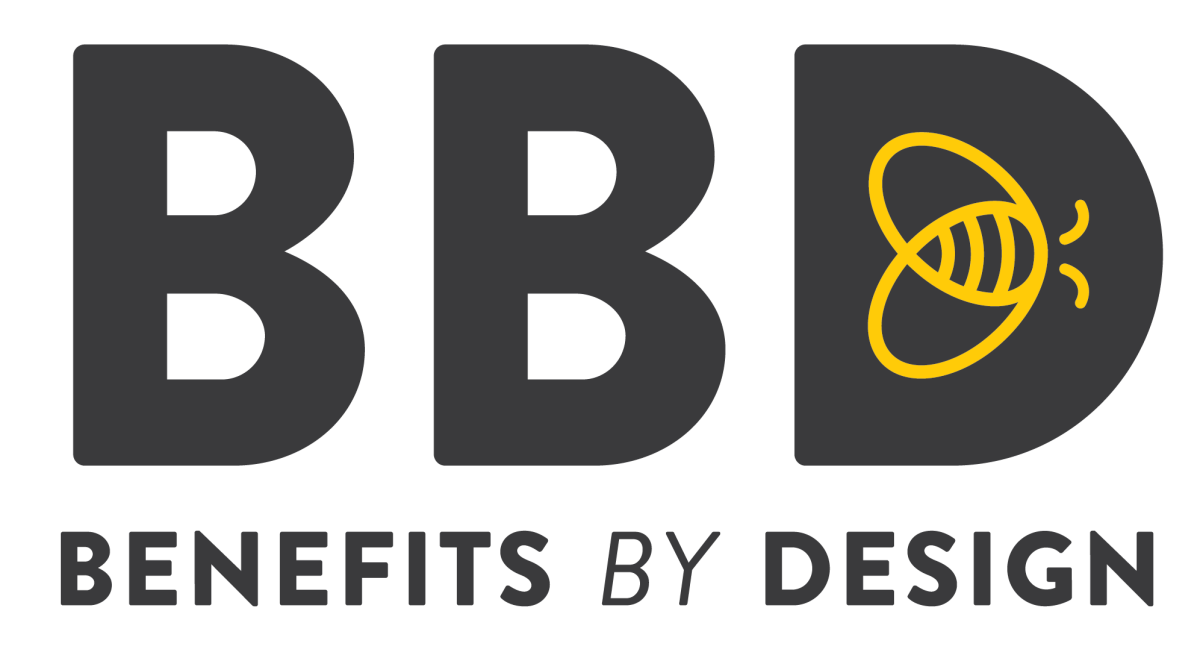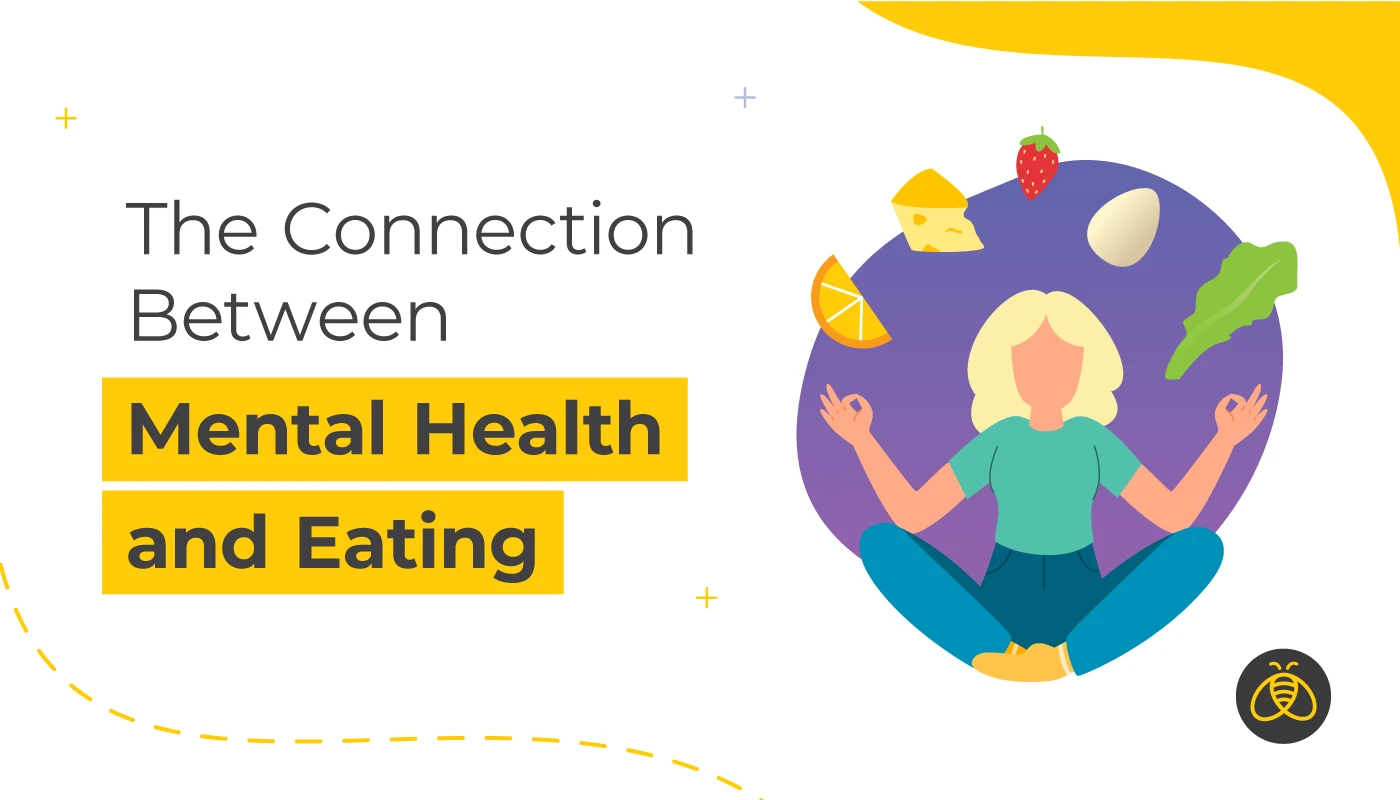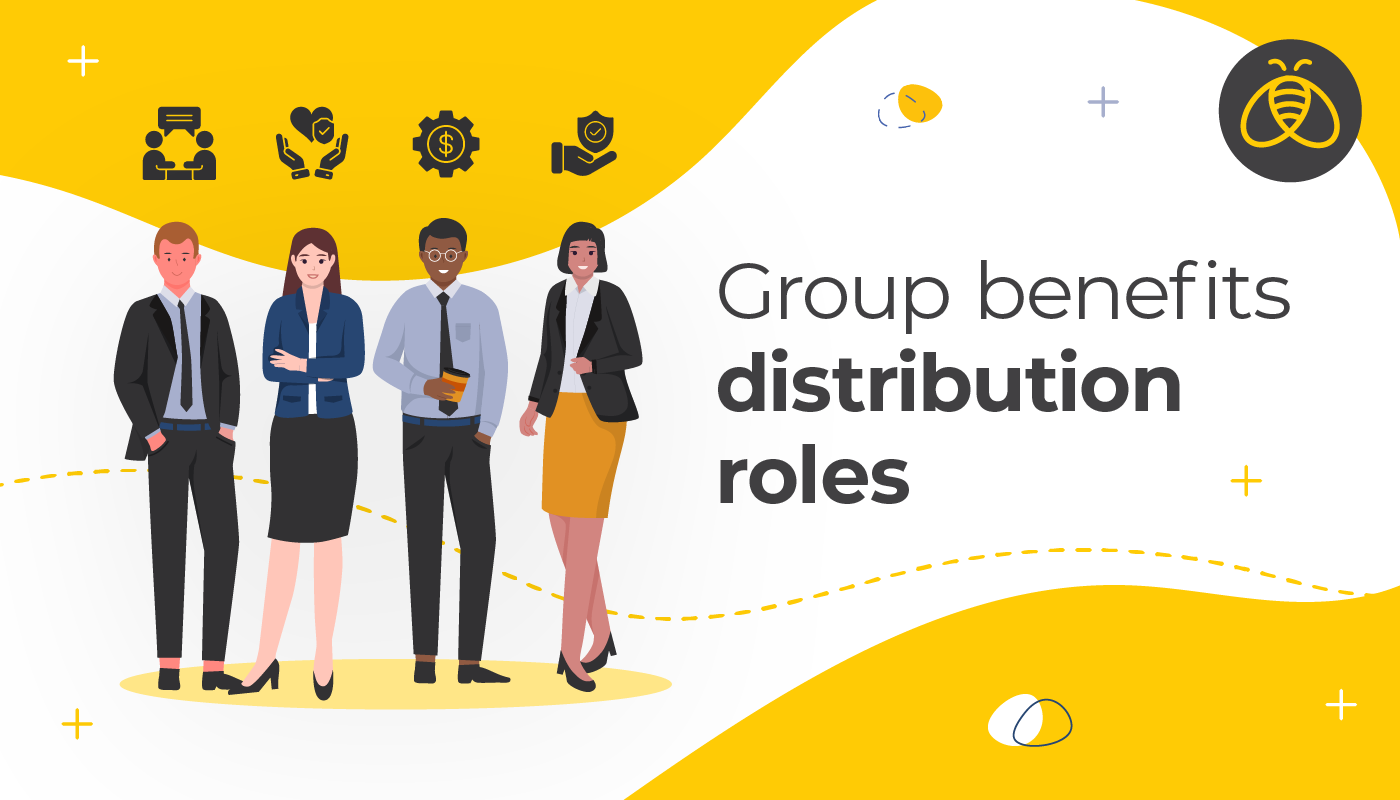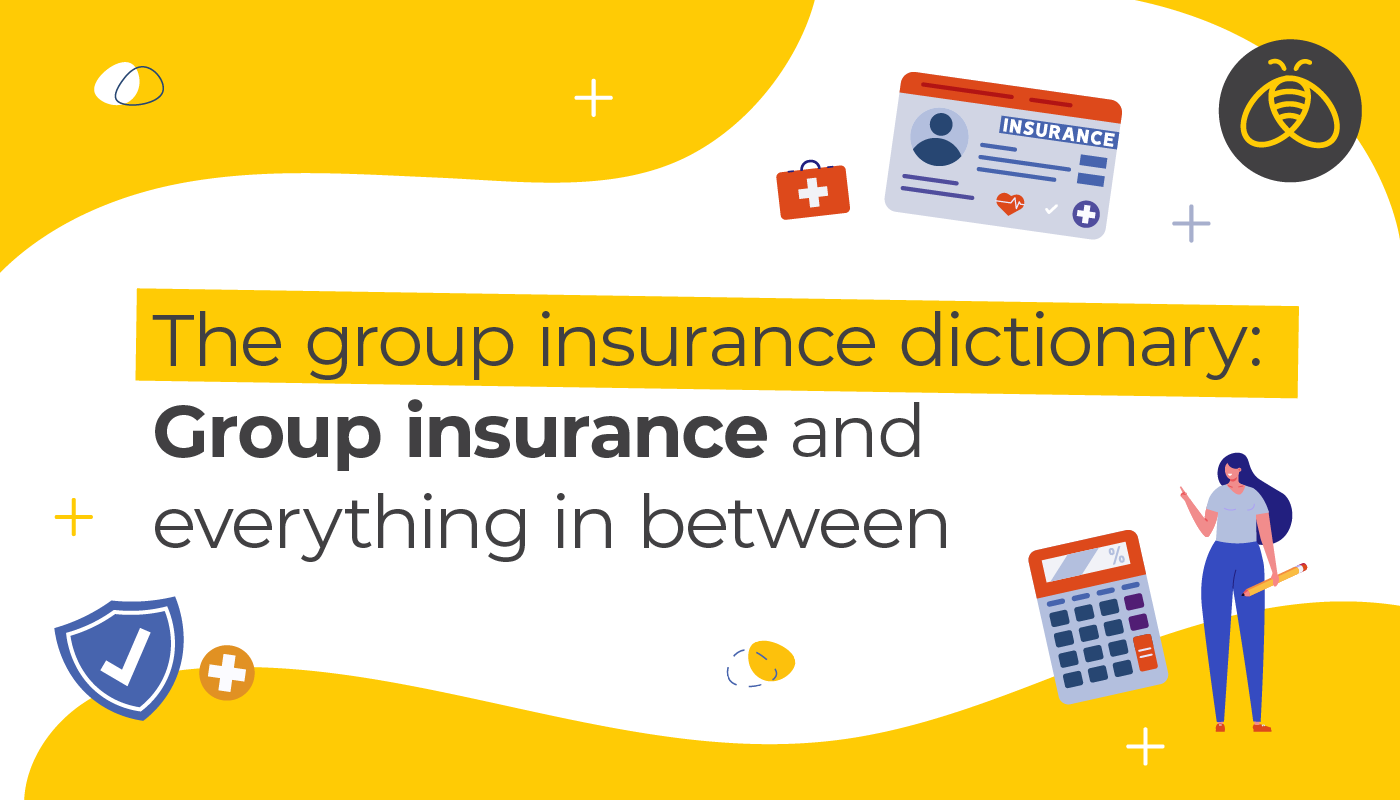Mental health and eating – the two are intertwined like the sun and the moon. Let’s face it, food is delicious, but we also need it to survive. Making it a necessity and a guilty pleasure all at the same time. No wonder there are so many ways that our mental health and eating habits are connected.
How Our Mental Health and Eating Habits are Connected
Mental Health is affected by many variables. And what we eat is certainly one of them. But it’s a two-way street because what we eat also affects our mental health.
Since our mental health and eating behaviours can directly influence each other, taking care of one can have a positive effect on the other.
Managing Your Workplace Mental Health During (And After) a Pandemic
The Impacts of Our Mental Health on Our Eating Behaviours
Our food plays a vital role in so many aspects of our lives. Many of our social settings or events are centred around food. Plus, our culture is often represented by the food we eat.
Social pressures to look or not look a certain way all add to how we view what we eat. Or what we choose not to eat.
And there’s a plethora of television shows and podcasts about food: from cooking shows, or fine dining experiences, to discoveries of unknown gems and reviews of new places and chefs.
Restaurants and dining are often a part of how we celebrate, unwind, and even court each other.
Emotional Eating
We’ve all seen the movie with the girl on the couch eating a tub of ice cream and crying because her boyfriend broke up with her. Well, new studies are showing that negative emotions only affect those on a diet. Whereas the rest of us, including those with eating disorders or struggling with obesity, eat when we are happy, not sad.
However, being sad for a long time (depressed) and not eating can be unhealthy, which means that eating according to your emotional triggers is probably not the best choice.
Stress
Some people use food as a coping strategy for when they are stressed out. Instead of dealing with the issue that is causing the stress, they consume delicious, unhealthy foods to mask it. On the other hand, sometimes stress will have the opposite effect. It can be difficult to eat much when your stomach is tied in knots.
8 Ways to Help Employees Reduce Stress and Boost Productivity
Body Image
The way we view ourselves and what we think we should look like is complicated. So much of our body image and style is wrapped in our culture and society. And if we don’t naturally conform to the “norm”, we tend to put a lot of pressure on ourselves to change.
Whether it be to gain or lose fat, add muscle, or even eat a certain way in front of people, we all have conscious and unconscious rules surrounding food.
Eating Disorders
When our view of our body image becomes extremely negative, it can go even further and become an eating disorder. These disorders are recognized as mental health disorders and are the most severe examples of when our mental health and eating habits can negatively impact our overall health.
If you or anyone you know is experiencing any type of eating disorder, there is help and resources available. And here is a helpline for eating disorders.
What We Eat Impacts Our Mental Health
There is more research coming out that suggests the relationship between our diet and our mood is very much connected.
For example, the Mediterranean diet has been found to help with both depression and attention deficit hyperactivity disorder (ADHD). And the Western diet (with more meat and dairy products) was found to contribute to depression.
Other studies have found that certain micronutrients that are higher in the Mediterranean diet can help to improve overall brain function.
There is still more research being done on the link between gut health and mental health. But early suggestions are that the physical health of our bowels impacts our emotional state. Everyone knows how stomach pain can affect our mood.
And let’s not forget the effects of dark chocolate. Not only does it boost your endorphins and help to produce serotonin (the happiness chemical), but it also helps with focus and memory, relieves stress, reduces food cravings, and supports good gut health. Whew! Remember though, it’s not a cure all, and should be eaten in moderation.
Other foods, such as sugars, certain starches, and of course, good ol’ turkey also affect your brain chemistry. Suffice it to say, the food we eat can affect our mental health.
Mental Illness Awareness and Overall Mental Health of Canadians
How Your Employee Benefits Can Help
Within employee benefits are different resources and tools that can help employees eat healthier and make better food choices.
- Extended Health Care (EHC) – Under the paramedical services, one can access coverage to see a nutritionist or dietician. Plus, there are often lifestyle programs embedded within EHC plans, such as the Change4Life platform, that help incentivize employees to eat healthier. For more advanced eating behaviour issues, there is also coverage for counsellors and psychologists.
- Employee Assistance Program (EAP) – An EAP is designed to help with all of life’s struggles, and eating habits are no exception. Employees can contact their EAP service to find out how their specific issue can be addressed.
- Spending Accounts – employers can set up a Personal Spending Account (PSA) to cover vitamins and supplements or allow for further dietician and nutritionist expenses to be paid under a Health Care Spending Account (HCSA).
Benefits by Design’s Embedded Enhancements & Value-Added Benefits
It’s clear to see that our mental health and eating habits are connected. Whether for good or bad, our relationship with food is a complicated and long one. As we’ve learned to preserve and refine our food, we’ve also created food that is less healthy. The new research coming out does not seem surprising, but it does give us one more reason to keep moving towards eating less processed food and more fruits and vegetables.



